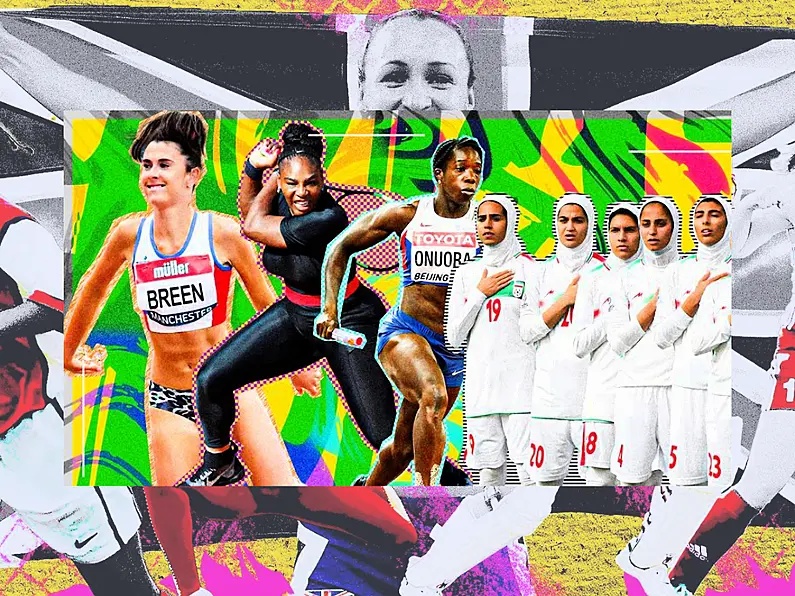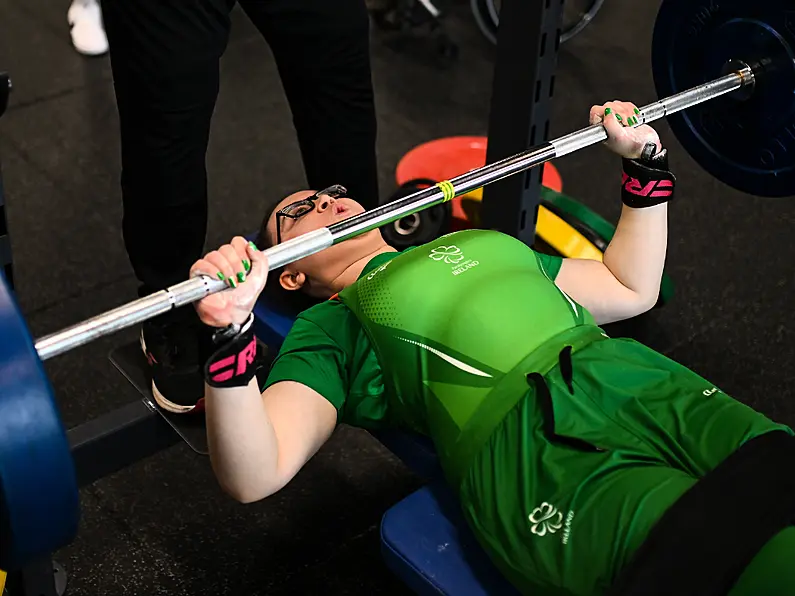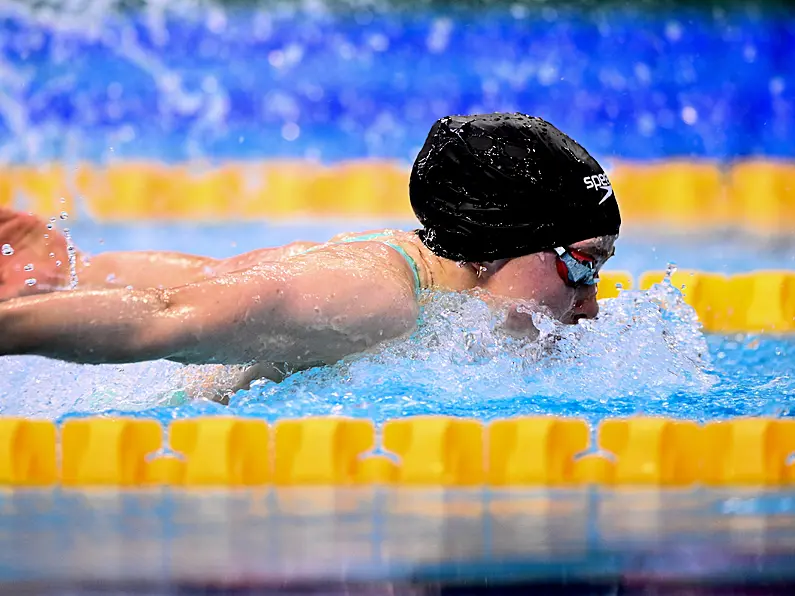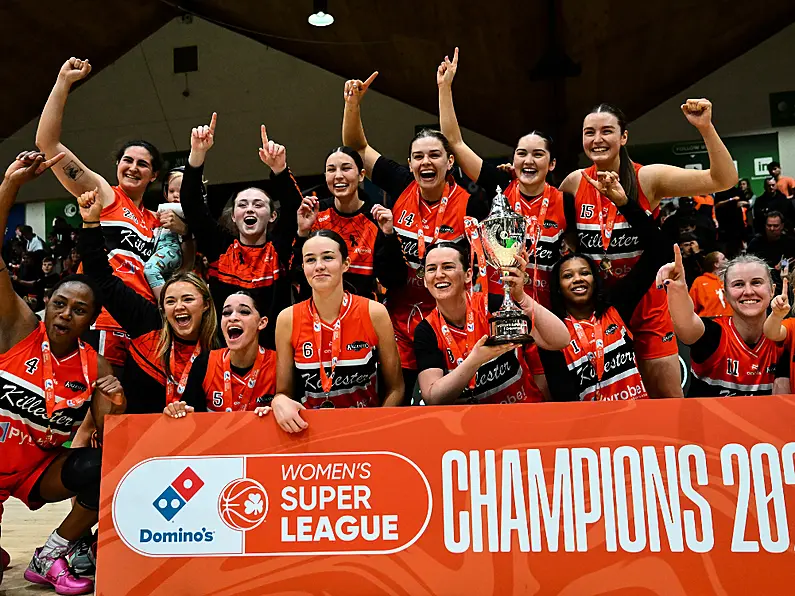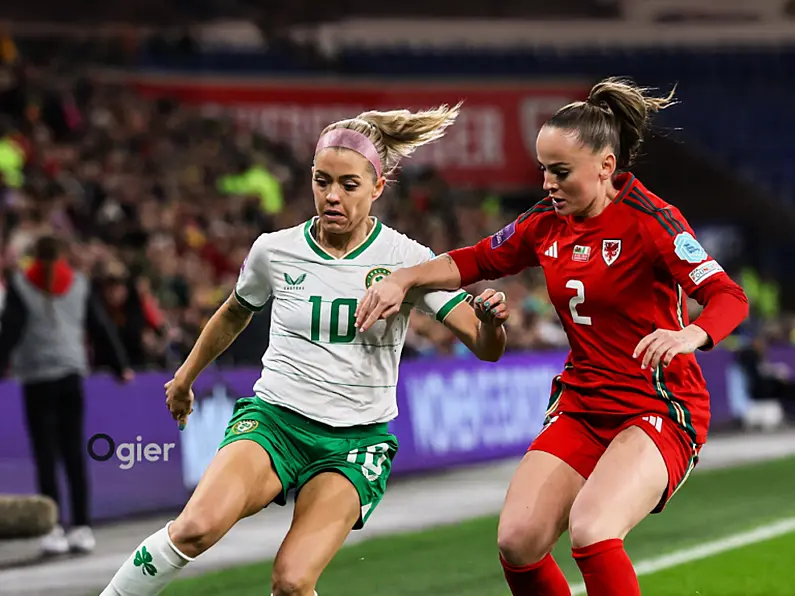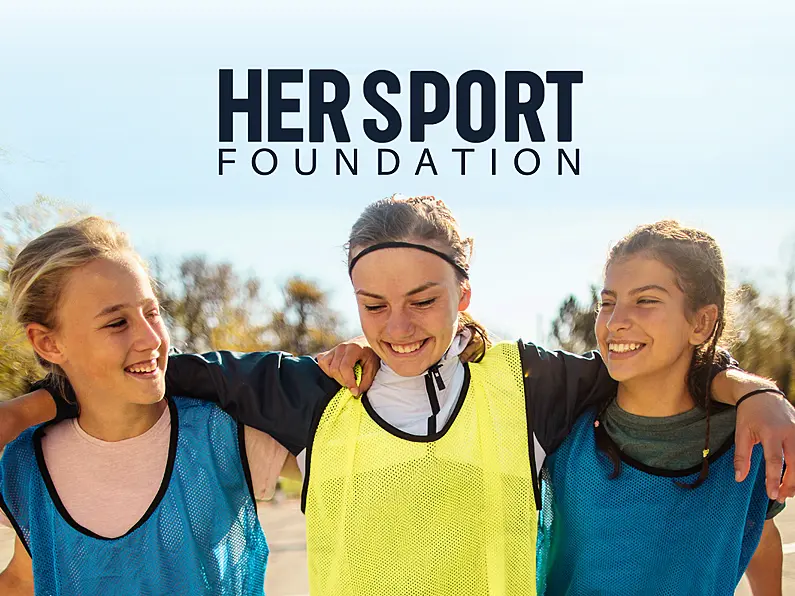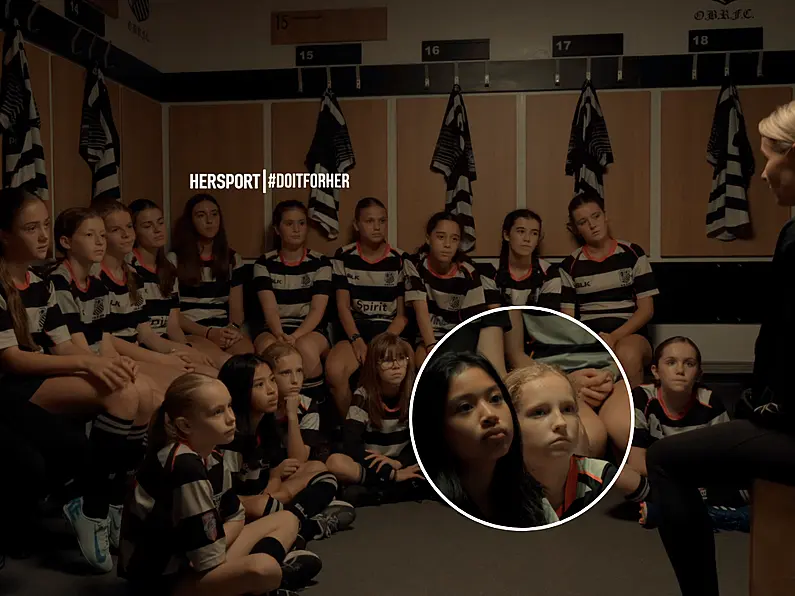Last month, Nike released the kit that Team USA would wear at the 2024 Paris Olympics. The women’s kit, however, received much public backlash as the women’s athletics briefs were extremely high-rise.
Nike defended these kits by saying that women have autonomy over whether they wear briefs or shorts, but many athletes and members of the public expressed their anger. One commenter on X said: “Men can worry about their athletic performance while women have to worry about chaffing, their genitals not falling out and getting a bikini wax. Definitely equal opportunities huh”.
The Nike kit saga has reignited the discussion around sporting attire, one that Sky Sports focused on just some months ago.
Men can worry about their athletic performance while women have to worry about chaffing, their genitals not falling out and getting a bikini wax
Definitely equal opportunities huh— Magi (@_A__Stranger) April 12, 2024
On July 18 2023, Sky Sports released a documentary titled ‘Fit For Purpose?’ which focuses on kits and equipment used in women’s sport. It features numerous professional athletes, including Jessica Ennis-Hill, Charlotte Edwards, and Katherine Granger, and examines whether gender bias influences the kit that women wear, drawing from numerous examples of gender bias regarding sports kits that female athletes have had to face.
In 2007, FIFA banned footballers from wearing head covers as they posed too big of a risk of injury to the head or neck. This massively impacted hijab-wearing footballer players, they no longer could play football and practice their religion. Seven years later, this ban was retracted but its impact was not forgotten. Women were being prevented from playing sport due to what they were wearing.
Female footballers have also always had to deal with concerns about period leakage. Following the 2022 European Championships, Nike acted on these concerns which were raised by the Lionesses who had won the tournament in an all-white kit. The England World Cup kit featured blue shorts which marked a significant change and a sign that women were finally being listened to.
Although, the same cannot be said across all sports; gender bias in sports kits persists in many ways.
Sport England has found that 45% of girls do not believe that they have got the right body shape for sport, and much of this has to do with the outfits that girls and women are expected to wear.
Britney Clarke, a goal shooter for netball team Saracens Mavericks, has said that she has suffered with body dysphoria throughout her career. Clarke said that she has never been able to step onto a netball court in something comfortable or bespoke, she told Sky Sports that “dresses aren’t made for girls that are bigger”.
So proud of myself for doing this, not many people know my story or about my journey in netball and I’m glad I was able to share some of my struggles. Hopefully it will inspire someone to continue with their netball regardless of their size! https://t.co/073TgP82T0
— Brit Clarke✈️🔆🐘🦋🐢 (@britneyclarke99) May 31, 2021
Even when women have been given bespoke clothing that they are comfortable to compete in, they can be stopped from wearing it.
In 2018 Serena Williams competed in the French Open for the first time since giving birth in 2017. She appeared for her first match of the tournament in a black bodysuit which was atypical tennis attire. Williams wore this outfit to protect herself, she had suffered a pulmonary embolism during childbirth and the compression caused by the suit kept her circulation going and ensured that she was safe. French Tennis Federation president Bernard Giudicelli, however, put a ban on this clothing, prohibiting Williams from wearing this outfit for the rest of the tournament.
These are only a few examples of athletes who have been told that what they are wearing is not appropriate and these incidents have sparked a conversation about who declares what athletes can or cannot wear. The examples of athletes who have had to endure gender bias when it comes to sports kits can go on, but the crux of the matter remains the same: Female sports people should be judged on their actions in competition; whether they win a race, are victorious in a match, or take home a trophy – they should not be judged on what they are wearing.
The documentary by Sky Sports can be watched on Sky Sports Football and Sky Sports Mix.
